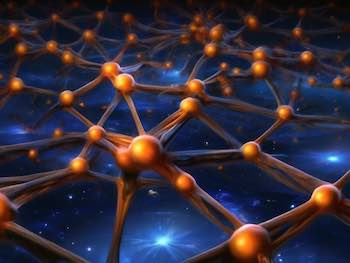Tintin as an explanation of nothingness
Philippe Ratte explains in ‘Tintin or access to the self’ that Hergé’s comics hero appeared out of nowhere, suddenly, in 1929, in ‘Tintin in the Land of the Soviets’. No past, no family, not even from an egg. Hergé is his father but has not put a single sperm in it. Tintin is the epitome … Read more










